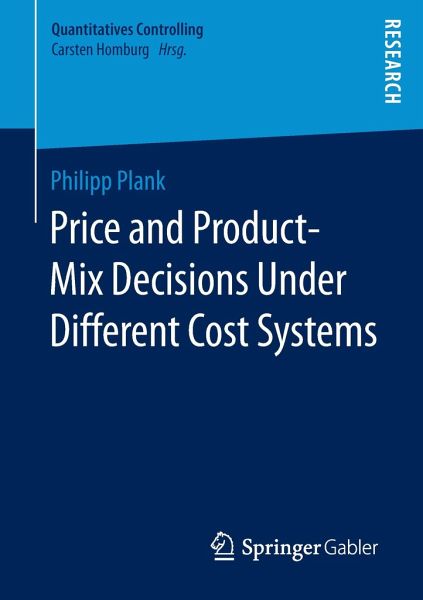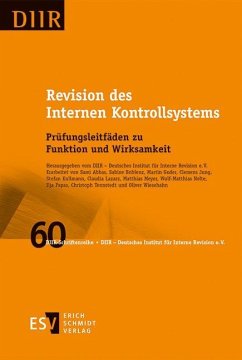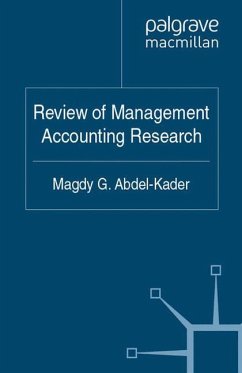
Price and Product-Mix Decisions Under Different Cost Systems

PAYBACK Punkte
29 °P sammeln!
Philipp Plank analyses the question, what drives the quality of cost-systems and is the quality of cost-systems directly and at best positively related to the firms' performance. In other words, is it worth investing in complex cost allocation systems or are there environmental and/or production settings in which less enhanced systems perform adequately. Using simulations, a benchmark firm (first-best solution) perfectly allocating cost to products is compared to firms implementing heuristic cost-allocation schemes (second-best solution) to identify the profit gap resulting from decisions base...
Philipp Plank analyses the question, what drives the quality of cost-systems and is the quality of cost-systems directly and at best positively related to the firms' performance. In other words, is it worth investing in complex cost allocation systems or are there environmental and/or production settings in which less enhanced systems perform adequately. Using simulations, a benchmark firm (first-best solution) perfectly allocating cost to products is compared to firms implementing heuristic cost-allocation schemes (second-best solution) to identify the profit gap resulting from decisions based on limited information. Into this discussion, the idea of cost-stickiness is integrated, thereby indicating a new planning approach.














